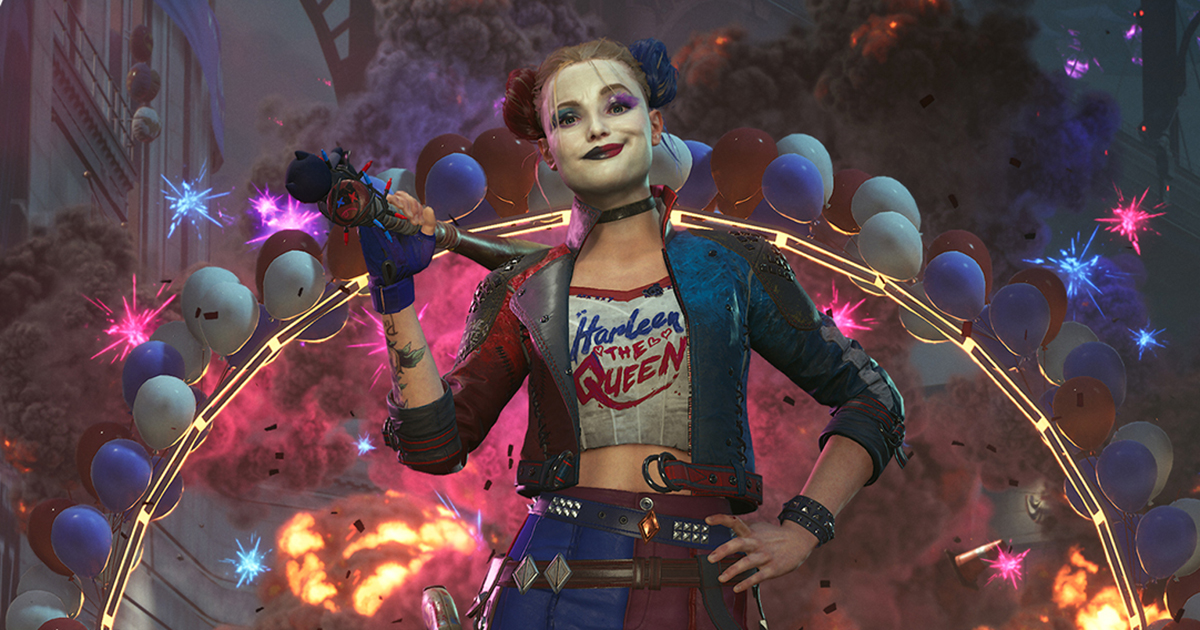The release of Suicide Squad: Kill the Justice League was a failure—Warner Bros. Discovery, the game's publisher, stated in its latest financial report that the game resulted in losses of $200 million. Journalist Jason Schreier spoke with people close to Rocksteady Studios and found out what went wrong.
Suicide Squad: Kill the Justice League
According to Schreier's sources, Suicide Squad failed due to:
- constant changes in vision;
- an unfamiliar genre for Rocksteady Studios;
- numerous delays;
- a "culture of intense perfectionism."
Initially, the game about the "Suicide Squad" was being developed by Warner Bros. Games Montreal. After the success of the film of the same name released in 2016, the company decided to offer Rocksteady Studios the task of developing the title. They made a presentation detailing the benefits of service-based projects and sent top executives to London to persuade the Rocksteady Studios leadership.
Studio heads Jamie Walker and Sefton Hill were not opposed and soon informed their team that they would be creating a service game, even though Rocksteady Studios had never worked on such games before.
At the time, Rocksteady Studios was planning to create a multiplayer puzzle game under the codename Stones. However, Walker and Hill deemed Suicide Squad the more promising project.
Rocksteady Studios began working on Suicide Squad at the end of 2016. They planned to release the game in 2019 or 2020.
The studio started to expand rapidly. Over the next seven years, its staff grew from 160 to more than 250 people.
Interestingly, at first, new employees were not told what they would be working on when hired. Only over time did they discover, often with surprise, that they were working on a service game. Considering that Rocksteady Studios had previously only worked on single-player games, this upset many newcomers, who then quit.
Lacking experience with service-based games, the developers did not fully understand how to structure many of the game's activities correctly. Rocksteady Studios was used to telling stories that the player experiences only once, whereas in service-based games, players repeatedly encounter the same activities. This led to difficulties in making boss fights and other activities more varied.
The vision for the game frequently changed. Initially, the plan was for Suicide Squad to have many melee battles, but later, the focus shifted to firearms. Many developers were confused about why characters should be using guns when other weapons were more fitting. For instance, Captain Boomerang should logically use boomerangs instead of anything else.
The game was technically very complex, and its release was constantly postponed. Developers worked towards successive deadlines, preferring short-term fixes over comprehensive revisions.
The development process was closely monitored by Hill, whose perfectionism significantly slowed down progress. Developers sometimes waited weeks or even months for his feedback.
Hill would sometimes discard large portions of the script, offering unsuccessful ideas in return, which were later abandoned. One such idea was to allow players to equip vehicles or other transportation with weapons and drive around the city. After several months of experiments, this idea was ultimately discarded.
Hill also admitted that he had not played many other service-based games like Destiny and was not very familiar with the format.
All of this undermined morale at the studio. Developers felt they were not making real progress and were abandoning too many ideas.
While developers feared the failure of Suicide Squad, Warner Bros. Discovery's leadership remained optimistic. Top executives claimed everything would work out at the last minute and ignored the failures of other service-based games like Anthem, Marvel’s Avengers, and Redfall.
Warner Bros. Discovery praised the graphics of Suicide Squad and projected that the game would launch a billion-dollar franchise. To describe the atmosphere at the studio, some developers started using the term "toxic positivity," claiming that Warner Bros. Discovery’s culture did not tolerate criticism.
In the fall of 2022, Rocksteady Studios founders Walker and Hill left the studio. Their departure shocked employees. Later, Walker and Hill founded a new studio called Hundred Star Games, stating they wanted to make games without the pressure from large corporations like Warner Bros. Discovery.
In February 2024, Suicide Squad was released. The game was poorly received by both audiences and critics. Its average score on Metacritic ranged between 60-63 out of 100, depending on the platform.
Despite the game's failure, Warner Bros. Discovery does not plan to conduct layoffs at Rocksteady Studios. According to the company’s leadership, there is no point in cuts as its studios already have relatively few employees.
Currently, Rocksteady Studios is helping to create the director’s cut of Hogwarts Legacy. After that, they plan to develop a new single-player game, returning the studio to its roots.

